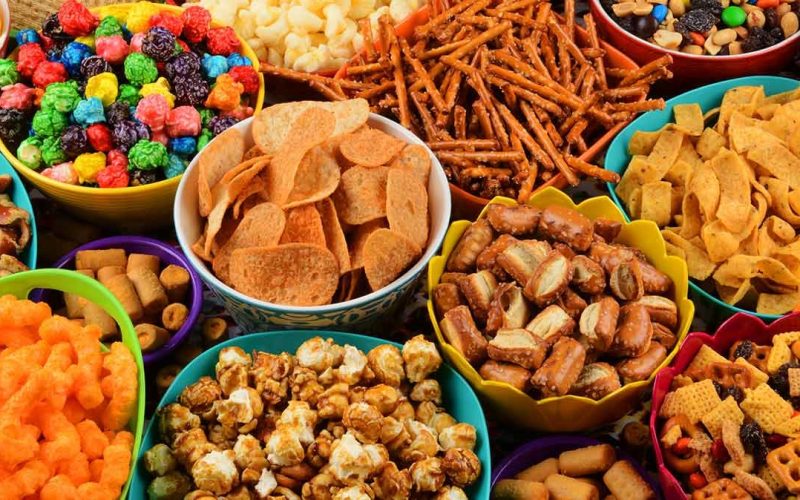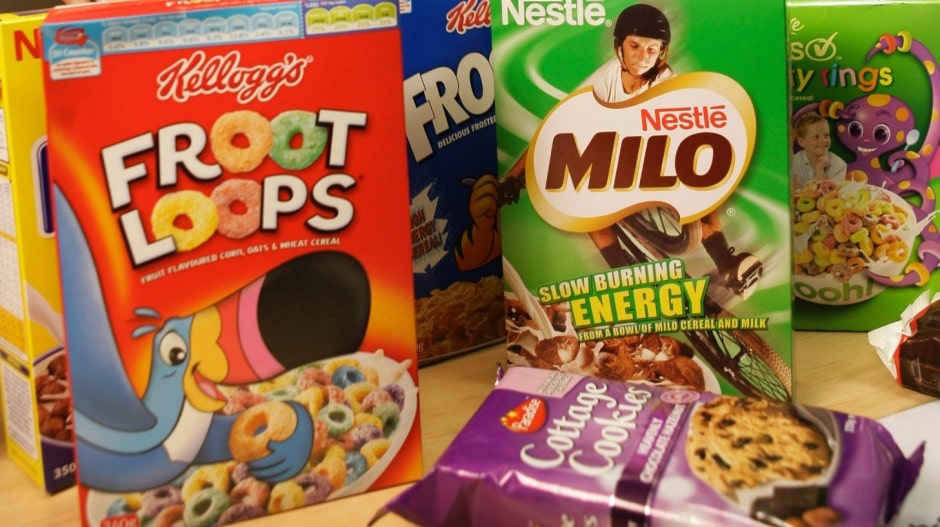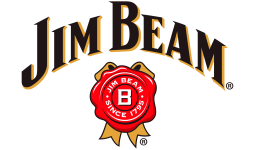There’s almost nowhere in the world were eating processed foods is considered a healthy lifestyle. As a matter of fact, processed foods have been blamed for problems such as the high obesity rate, Type 2 diabetes, and high blood pressure.
However, while people think of processed foods and imagine boxed macaroni and cheese, drive-thru hamburgers, and potato chips, it is way more than that. You may be shocked to find out that some homemade soups, whole-wheat bread, or even chopped apples can be called processed foods.
While you should avoid many processed foods, there are a few that can find a place in your balanced diet. Below are some useful tips on how to sort the good ones from the options you must stay away from.
What Is Processed Food?
“Processed food is not only the easy-to-cook food options. It includes food items that have been cooked, those that are canned, frozen foods , packaged foods or food items that have been changed in nutritional composition through fortifying, the use of preservatives, or preparing them in different ways.
Any time you bake, cook or prepare food, you are processing that food.
Processed food is on a wide spectrum that ranges from minimally processed to heavily processed:
- Foods considered to be minimally processed — such as cut
- Foods that are processed at their peak to lock in freshness and nutritional quality include frozen fruits, canned tomatoes, and canned vegetables, and canned tuna.
- Foods items containing ingredients like added flavours and texture ( spices, sweeteners, colours, oils, and preservatives) include salad dressing, jarred pasta sauce, cake mixes and yoghurt.
- Ready-to-eat foods — like biscuits, crackers, deli meat, and granola— are more heavily processed to help them last longer.
The most heavily processed foods that people eat often are pre-made meals such as microwaveable dinners and frozen pizza.
Note that there is a huge difference between mechanically processed foods and chemically processed foods.
If what you are eating is a single ingredient food that contains no added chemicals, then whether it has been put into a jar or ground, doesn’t matter. It is still considered real food.
However, for foods that have been proven processed with chemicals and made only from artificial substances and refined ingredients, there is only one correct way to refer to them – and that is “processed food”.
The Positive Aspect of Processed Foods
Processed food is not completely bad as they can help you feed on more nutrient-dense foods. Options like milk and juices sometimes come fortified with extra vitamin D and calcium, and foods like breakfast cereals may come with added fibre.
For vitamins and all the goodness of fruits, canned fruit (packed in its own juice or in water) is a great food option when fresh fruits are not within reach.
Some foods that are minimally processed like pre-washed, bagged spinach and pre-cut vegetables can be considered quality convenience foods for people who are busy.
If your goal is to minimize your overall consumption of processed food, make up your mind to do more food preparation and cooking at home. Base your meals on whole foods like beans, vegetables, and whole grains.
Look for Hidden Sugar and Sodium
Just like with most other things, eating processed food in moderation is totally acceptable, however many of these processed foods may carry alarmingly high amounts of sodium and added sugar.
What Are Added Sugars?
When we talk about added sugars, we refer to any kind of sugar that is not naturally occurring a particular food and has been manually added to that food.
Added sugars can be easily found in processed sweets, but that’s not the only place they are hidden. They are added to your favourite bread to give it a browned hue that is appealing, and there is often a surprising amount of it that is added to cereal and jarred pasta sauces.
Added sugars are often used in foods with low-fat to improve their consistency and taste. If you check the grams of carbohydrate that is usually written on the Nutrition Facts label of processed foods, you’ll find that that Include naturally occurring sugars that may result to quite a significant amount in foods like fruit and yoghurt.
The best way to find added sugar in food is to review the product’s ingredient list and be on the look for any added sugars within the first two or three ingredients like maltose, sugar, brown sugar, cane sugar, corn syrup, honey and even fruit juice concentrate.
Sodium
You may be careful to avoid adding too much salt to the foods you cook, but processed foods have been discovered to be the major contributor of sodium in the diets of most people because cooking salt is commonly added to extend shelf life and preserve foods.
Most canned soups, sauces, and vegetables have added salt. When shopping, choose only foods that are labelled low-sodium, no salt added, or reduced-sodium . This should help you decrease the quantity of salt you consume from processed foods.
Other Dangers of eating processed foods
Most processed foods are engineered for consumption
Every person I know wants to eat good and healthy food. That not a bad thing because it is human nature.
Evolution is believed to have provided us humans with unique taste buds that are designed to help us explore and navigate the food environment naturally.
The normal human appetite easily gravitates towards foods that are salty, sweet, and fatty, just because we are aware that such foods contain the nutrients and energy that we need for survival.
Obviously, it is common sense that if a food manufacturer aims to succeed and make as many sales as possible, their product has to taste good.
But in today’s market, the competition is fierce. We cannot count the current number of food manufacturers as they continue to grow daily and compete with each other.
For this reason, manufacturers spend massive resources on making the foods they produce as desirable as possible.
Many processed foods that are sold have been carefully engineered to be so very “rewarding” to the human brain, making them overpower anything and everything we might have tasted in nature.
Us humans have some complicated mechanisms in our brains and bodies that are supposed to help us with the regulation of energy balance (that is how much energy we eat and how much energy we burn) which, up until very recently in the evolutionary history, had worked to keep humans at a generally healthy weight.
There are quite a number of evidence that proves the reward value of the foods we eat can bypass our innate defence mechanism and cause us to start eating a lot more than we really need, so much that it begins to compromise the quality of our health.
This has also been tagged the “food reward hypothesis of obesity.”
The fact is that these processed foods are created to be so incredibly rewarding to the human brains that they begin to affect how we think and how we behave, which makes us eat more and more than we need until we eventually become sick.
While good food is indeed a way to reward ourselves after a hard day’s work, food that is engineered to make us overeat and behave strangely is not healthy.
People can become addicted to junk food
We have earlier talked about the “hyper-rewarding” nature of many processed foods, and how we have to add that it can have some serious consequences for a lot of people.
Many individuals can literally become addicted to some of these foods and completely lose control over how much money they spend processing them, and the quantity that they consume.
Although unlike other forms of addiction, food addiction is not something that many people know about, there is no doubt that other people like myself are convinced beyond doubt that it is a major problem amongst you guys people in the society today.
Food addiction is the main reason why a lot of people cannot stop eating some snacks and foods, regardless of how many times they fall sick or how hard they try to avoid these foods.
These food addicts have had their brain biochemistry hijacked by the high dopamine release that happens in their brains whenever they eat these addictive foods.
This theory of food addiction is actually supported by many research. Sugar and other highly rewarding junk foods and snacks activate the same areas in the human brain as hard drugs of abuse such as cocaine.
We all want to live easy lives, and we want to fill our stomachs with food that makes us healthy and happy.
Reducing the number of processed foods you consume is the first step in the right direction if you want to maintain a healthy weight, and avoid a wide range of diseases.
Have you been able to cut down your consumption of processed foods, or do you have any thoughts you’d love to share with us? please, do not hesitate to leave a comment below.









